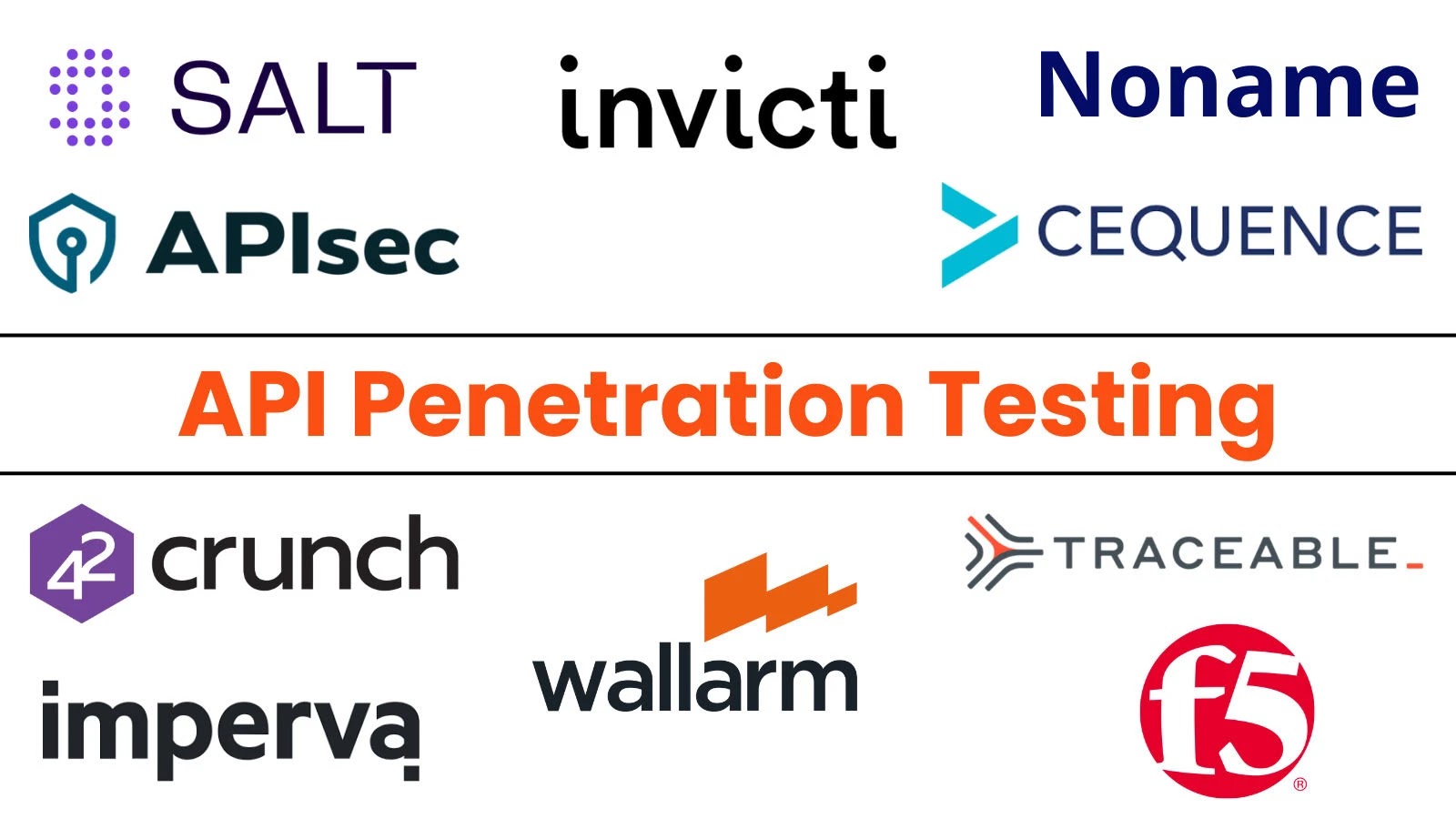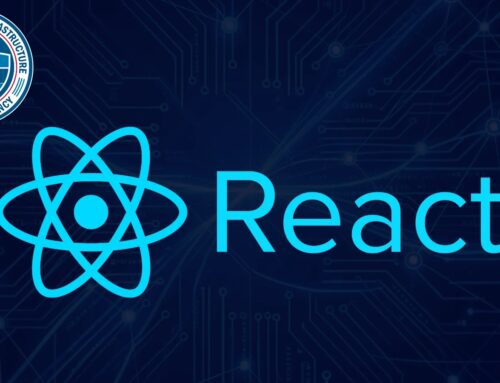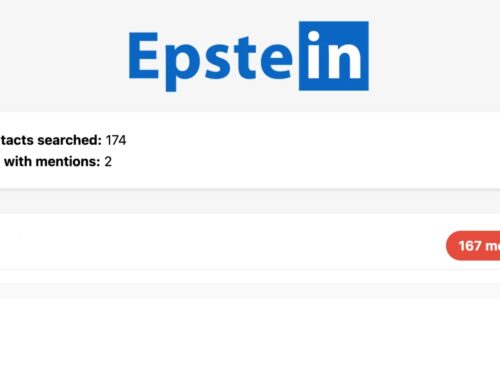
Top 10 Best API Penetration Testing Companies In 2025
The rapid expansion of interconnected services in 2025 has cemented APIs as the backbone of modern applications. With this ubiquity, however, comes an amplified attack surface. API penetration testing is no longer a luxury; it’s a critical imperative for maintaining robust digital security. Traditional, human-led penetration testing remains invaluable, but the sheer scale and complexity of contemporary API ecosystems demand a more sophisticated, continuous approach. This landscape has given rise to a new generation of API security providers. These aren’t just one-time testers; they offer intelligent platforms that integrate automated, continuous, and dynamic testing with behavioral analysis to proactively identify and mitigate vulnerabilities.
The Evolution of API Penetration Testing in 2025
API security has matured significantly. Gone are the days when a simple scan sufficed. Today’s threats require a multi-faceted approach. We’re observing a pivot towards solutions that offer:
- Automated, Continuous Testing: Regular, programmatic scans that integrate into CI/CD pipelines, ensuring ongoing vigilance.
- Dynamic Application Security Testing (DAST): Black-box testing that interacts with the running API to find vulnerabilities.
- Behavioral Analysis: Understanding typical API usage patterns to detect anomalies indicative of malicious activity or misuse.
- Attack Surface Management: Discovering and mapping all exposed APIs, including shadow and zombie APIs, which often become overlooked entry points for attackers.
- Contextual Risk Prioritization: Not just identifying vulnerabilities, but understanding their real-world impact and helping organizations prioritize remediation efforts.
The best companies in this space combine deep human expertise with cutting-edge technology to provide comprehensive, actionable security insights.
Top 10 Best API Penetration Testing Companies In 2025
Based on their innovative approaches, advanced platforms, and demonstrated ability to secure complex API environments, the following companies stand out in 2025:
1. Noname Security
Noname Security is a leader in API security, offering a comprehensive platform that covers discovery, posture management, runtime protection, and API testing. Their solution provides deep visibility into all API traffic, identifies vulnerabilities like those leading to data exposure (e.g., CVE-2022-XXXXX – *placeholder, as no specific CVE for Noname product directly from source*), and blocks attacks in real-time. Their testing capabilities are robust, integrating security into the full API lifecycle.
2. Salt Security
Salt Security specializes in API security, focusing on protecting APIs from malicious attacks and preventing data exfiltration. Their platform uses patented AI and machine learning to analyze API traffic, identify abnormal behavior, and detect evolving threats. Salt offers strong discovery, continuous posture governance, and real-time protection, making them a preferred choice for organizations with critical API assets.
3. Wallarm
Wallarm provides an integrated platform for API security, WAF (Web Application Firewall), and bot protection. They are known for their advanced threat detection capabilities, including behavioral analysis and machine learning, which help identify and block sophisticated attacks against APIs. Their testing solutions can uncover common API vulnerabilities such as Broken Object Level Authorization (BOLA), often associated with specific CVEs like CVE-2021-35606 (related to API authorization bypasses).
4. Akamai
As a global leader in content delivery network (CDN) and cloud security services, Akamai offers robust API security solutions. Their approach integrates with their existing security portfolio, providing a holistic defense against API-specific threats. Akamai’s capabilities include API discovery, behavioral analytics, and WAF integration tailored for API traffic, defending against issues like those documented in CVE-2023-28956 (potential for API data exposure).
5. Imperva
Imperva provides a comprehensive application and API security platform. Their solutions offer strong API discovery, advanced bot protection, DDoS mitigation, and a leading WAF. For API penetration testing, their platform helps identify vulnerabilities and misconfigurations that could lead to data breaches or unauthorized access, proactively defending against risks such as those outlined in CVE-2023-27997 (common API misconfigurations).
6. AppSec Phoenix
AppSec Phoenix focuses on vulnerability management and application security orchestration. While not solely an API penetration testing company, their platform empowers security teams to manage and prioritize API vulnerabilities effectively. They offer capabilities to ingest findings from various API testing tools, providing a unified view of the security posture and streamlining remediation workflows.
7. Synk
Snyk is renowned for developer-first security, integrating security tools directly into the development lifecycle. Their focus extends to API security by helping developers identify and fix vulnerabilities in code, open-source dependencies, and containers that underpin APIs. Snyk’s approach to API security emphasizes early detection and prevention, crucial for preventing runtime issues that could lead to CVEs like CVE-2022-22965 (Spring4Shell, impacting applications with APIs).
8. RedHunt Labs
RedHunt Labs specializes in offensive security and API penetration testing. They offer a blend of automated and manual testing services, focusing on finding critical business logic flaws and advanced vulnerabilities that automated scanners might miss. Their expertise is invaluable for organizations requiring a deep dive into their API security posture, often revealing custom vulnerabilities not yet assigned a CVE but equally critical.
9. Indusface
Indusface provides a complete API security suite that includes API WAF, bot mitigation, and DAST. Their solution offers continuous monitoring and protection against the OWASP API Top 10 vulnerabilities. They combine automated scanning with manual penetration testing to provide a thorough assessment of API security, helping mitigate risks associated with vulnerabilities such as Mass Assignment (e.g., CVE-2022-22947 in certain contexts).
10. Cequence Security
Cequence Security delivers an API security and bot management platform. They provide discovery of the entire API attack surface, preventing business logic abuse and API fraud. Their solution offers both inline real-time protection and API security testing capabilities, designed to detect and block sophisticated attacks before they can exploit vulnerabilities, including those that might lead to unauthorized data access.
Remediation Actions: Bolstering API Security
Identifying vulnerabilities is only half the battle. Effective remediation is paramount. Here’s a set of actionable steps for strengthening your API security posture:
- Implement Strong Authentication and Authorization: Ensure every API request is authenticated, and enforce granular authorization checks (e.g., using OAuth 2.0 and OpenID Connect). Regularly review and update access policies.
- Input Validation and Sanitization: Validate all input at the API gateway and application layer to prevent injection attacks (e.g., SQL injection, XSS) and ensure data integrity.
- Rate Limiting and Throttling: Implement limits on the number of requests a user or client can make within a specific timeframe to prevent brute-force attacks and denial-of-service (DoS) attempts.
- Error Handling without Information Disclosure: Ensure API error messages are generic and do not reveal sensitive information about the backend infrastructure or internal logic.
- Use WAF and API Gateways: Deploy a Web Application Firewall (WAF) or an API Gateway with strong security features to filter malicious traffic and enforce security policies.
- Regular Security Audits and Penetration Testing: Conduct frequent, comprehensive API penetration tests (both automated and manual) to identify new vulnerabilities and validate the effectiveness of existing controls.
- Continuous Monitoring and Logging: Implement robust logging for all API interactions. Monitor logs for suspicious activity, failed authentication attempts, and unusual traffic patterns.
- Update and Patch Regularly: Keep all components of your API infrastructure (operating systems, frameworks, libraries) up-to-date with the latest security patches to address known CVEs.
- API Versioning and Deprecation: Plan for API versioning to manage changes securely and properly deprecate older, less secure API versions.
- Security-by-Design Principles: Integrate security considerations throughout the entire API development lifecycle, from design to deployment.
Conclusion
The API landscape of 2025 demands a proactive and integrated approach to security. The companies highlighted here are leading the charge, offering sophisticated platforms that move beyond traditional one-off testing to provide continuous, intelligent API security. For organizations navigating this complex environment, partnering with a forward-thinking API penetration testing and security provider is not just a best practice; it’s a fundamental requirement for protecting sensitive data, maintaining operational integrity, and preserving customer trust.





